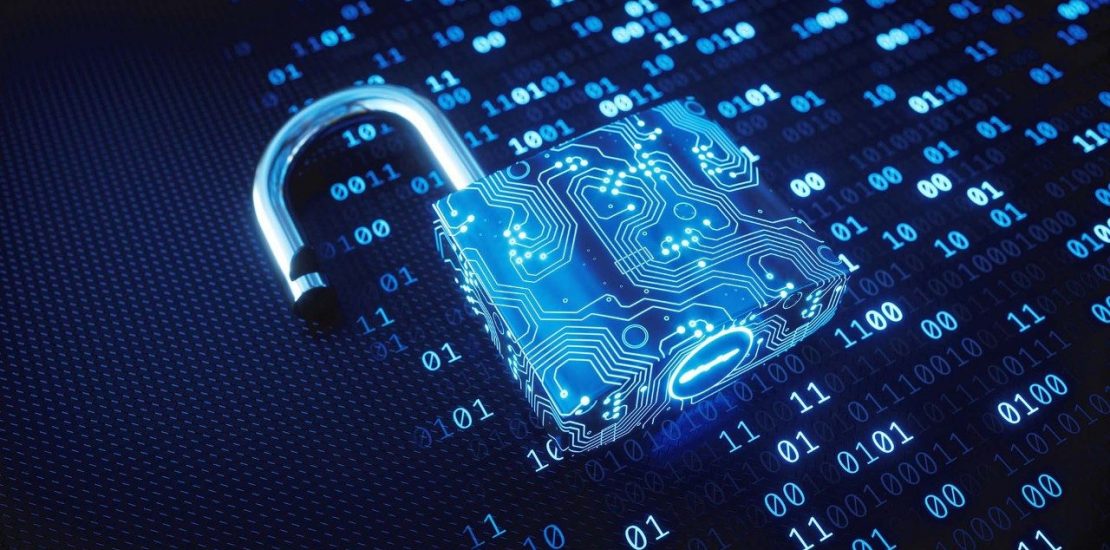- October 2, 2024
- Posted by: BJ Hudson
- Category: Technology

Leading spyware company NSO Group said in a court filing that it agreed with Apple on its recent motion to drop its lawsuit against the Israel-based firm over the alleged targeting of its users, and asked a judge to consider reimbursing it for its legal expenses.
The NSO Group filing, dated Friday, offers largely different reasons for why the suit should be dismissed than Apple did. Apple maintained in its Sept. 9 filing that court disclosures could hamper its efforts to fight spyware, and that NSO Group had extensively avoided sharing its own information — plus, the lawsuit is potentially made less useful because the spyware market has expanded since it filed suit three years ago.
NSO Group, by contrast, said that while it agreed with Apple that there were “significant obstacles” in the court case, the real issue was that a district court in California wasn’t the right venue for “adjudicating claims that a foreign technology company licensed lawful-intercept technology to foreign governments, which then used the technology to monitor foreign criminals and terrorists in foreign countries for those countries’ own national security and other sovereign interests.”
The filing states that Apple has done little to prosecute its claims, and as such the judge should dismiss the lawsuit “with prejudice,” meaning that it couldn’t be refiled later. But if the judge dismisses it without prejudice, then NSO Group said it would like to be reimbursed for its court costs as the work it has done on the case couldn’t be recycled.
“Little, if any, of this work can be repurposed for future litigation, particularly if the future claims involve different allegations and different time periods,” NSO Group said in the filing.
Apple did not immediately respond to a request for comment.
Apple isn’t the only tech giant to take NSO Group to court over spyware abuses. Meta-owned WhatsApp has an active case dating back to 2019.
Others have also taken legal action in the United States against the spyware giant, such as the widow of journalist Jamal Khashoggi and El Salvadoran journalists, although both those cases were dismissed by the judges who first heard them.
At a recent Senate hearing, a witness testified that Congress should consider amending a 1976 law that has proven to be a barrier for victims who seek justice against spyware makers in U.S. courts, since “the global nature of the issue and jurisdictional hurdles make it hard for victims to hold companies accountable,” said David Kaye, a law professor at University of California-Irvine and former United Nations special rapporteur on freedom of opinion and expression.
“Federal courts … have adopted a narrow reading of the Foreign Sovereign Immunities Act,” he said in written testimony before the Senate Foreign Relations Subcommittee on East Asia, the Pacific, and International Cybersecurity Policy. “Congress could explore ways to make remedies available to such victims in U.S. courts.”

Written by Tim Starks
Tim Starks is senior reporter at CyberScoop. His previous stops include working at The Washington Post, POLITICO and Congressional Quarterly. An Evansville, Ind. native, he’s covered cybersecurity since 2003. Email Tim here: tim.starks@cyberscoop.com.
